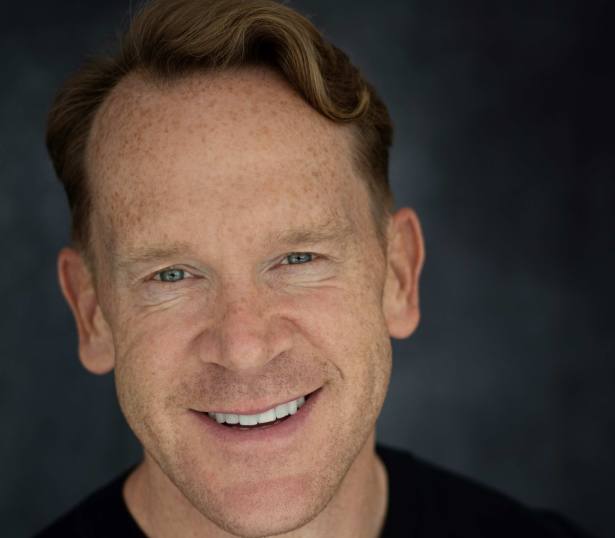Introduction
But while some areas have clearly struggled, such as Brazil and Russia in the wake of the low price of oil, others such as India have had a better time of it over the past five years.
Emerging markets may not significantly outperform developed markets any time soon, but there are opportunities for those willing to do the legwork.
For instance, looking outside the traditional Bric economies of Brazil, Russia, India and China, Taiwan has performed well. The MSCI Taiwan index has gained 20.1 per cent in the three years to April 1 2016, outperforming the MSCI India index’s rise of 19 per cent, data from FE Analytics shows.
Year to date, however, a rebound in commodity prices, more cautious monetary policy and a weaker US dollar have seen the MSCI Brazil benchmark achieve the highest gain in the sector of 33.7 per cent, with the MSCI Russia index posting a healthy 17.5 per cent rise.
Miton manager Anthony Rayner notes: “For some time, the background for emerging markets had been pretty punishing, due to the combination of a strong dollar, falling commodity prices and an extended period of weakness in global trade.
“All these bear down on an asset class that has a commodity export bias and a material amount of its debt denominated in US dollars. Meanwhile, financial market and economic data volatility in China has been another reason that investors have been happy to steer clear.
“Digging deeper into the asset class, beyond the ‘emerging’ characteristic, this is not a homogeneous group. For example, the more open economies of South Korea and Taiwan are much more exposed to trade, whereas India and the Philippines are more domestically focused.”
| THE PICKS |
Invesco Perpetual Global Emerging Markets Launched in June 1987, this £236m fund is managed by Dean Newman and aims to achieve capital growth primarily through a portfolio of shares in companies established and/or operating in countries where he feels there is an emerging market. The key focus of the strategy is stock selection, with the team looking for firms that are well run and have a market position that should allow them to deliver high returns. The vehicle’s 10-year performance is a strong 64 per cent, which places it just inside the second quartile of the sector, while performance over one and three years ranks it 11th among its peers. Henderson Emerging Markets Opportunities This £176m fund is managed by Glen Finegan, who moved to Henderson from First State in 2015. The vehicle aims to deliver long-term capital growth by investing in securities in emerging markets. Performance has been patchy, with a 10-year return of 42.4 per cent and a five-year loss of 9.7 per cent. But the 12-month performance has moved it up into the top quartile, albeit with a loss of 4.5 per cent, suggesting the new manager is making progress. The fund’s largest country weightings are to India and Chile. EDITOR’S PICK Templeton Emerging Markets Smaller Companies Managed by Mark Mobius, Dennis Lim and Tom Wu, this $391m fund aims to achieve long-term capital appreciation by investing primarily in small-cap firms registered or performing a substantial part of their business in emerging market countries. Performance has been strong, with the fund sitting top of the IA Global Emerging Markets sector in the three years to April 1 with a return of 15.8 per cent, and second in the sector over five years, delivering 19.3 per cent. The vehicle’s largest geographical weighting is to India at 18.9 per cent. |
Mr Rayner emphasises that emerging markets as a whole are very much driven by the US dollar, commodity prices and global trade.
Therefore, the recent bounce in commodity prices, the weakness in the US currency and more dovish major central banks have relieved a lot of pressure, with emerging market equity, debt and currencies benefiting materially in March.
James Donald, manager of the Lazard Emerging Markets fund, says that the US Federal Reserve’s plan to adopt a slow path of tightening is good news for emerging markets, as it will allow governments and companies the room to manage potential inflation pressures through independent monetary policies.
“We also believe currency and commodity price stabilisation, as well as corporate earnings growth improvements, are capable of turning around broader sentiment.”
Mr Donald adds: “If credible reform agendas are implemented and if developed economies strengthen, it could help boost overall corporate earnings growth across emerging markets.”
Nyree Stewart is features editor at Investment Adviser





